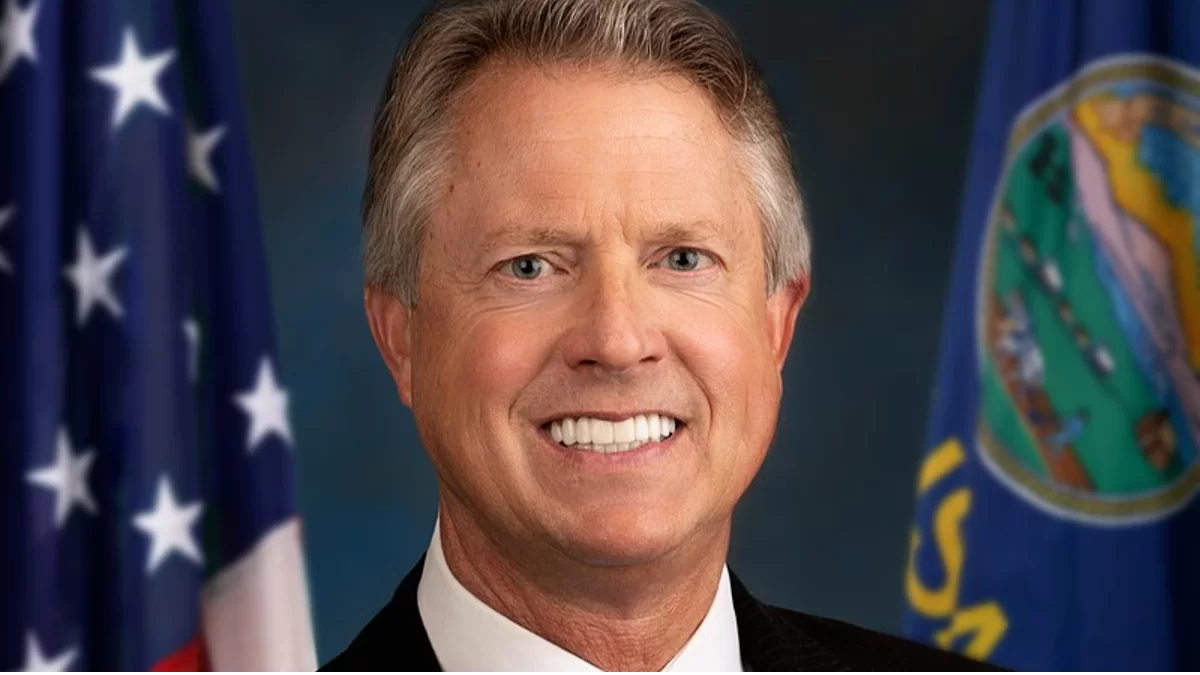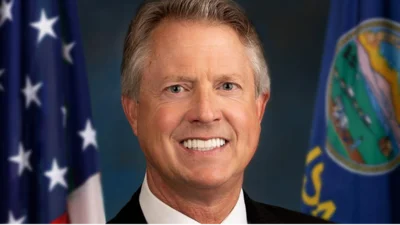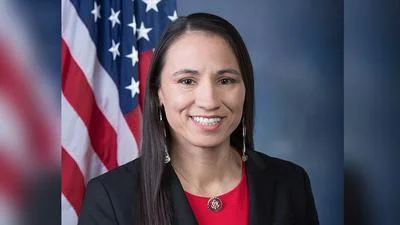Senator Roger Marshall, US Senator for Kansas | Official U.S. House headshot
Senator Roger Marshall, US Senator for Kansas | Official U.S. House headshot
Jan 19, 2024
Washington, D.C. – In a recent interview with Rural Health Matters on RFD-TV, U.S. Senator Roger Marshall, M.D. shed light on the challenges faced by rural America in terms of healthcare access and mental health, as well as the upcoming Farm Bill.
Senator Marshall emphasized the importance of federally qualified health centers, also known as community health centers, in providing primary care in rural areas. He stated, "What I see being successful out there in rural America, our federally qualified health centers, and you may know them as community health centers, we have 32 of them across the state of Kansas. And this is where people go for their primary care. There's also a dentist in most of these clinics as well. But we're also trying to bring in food banks and mental health experts and people that can teach nutrition classes and teach people how to cook as well, trying to meet people where they're at."
The Senator also highlighted the need for increased funding to address the shortage of physicians and nurses in rural America. He mentioned working closely with Senator Bernie Sanders to improve access to healthcare and provide assistance to areas struggling with healthcare professionals. "And that would be the goal, been working very hard on this with Bernie Sanders. Yes, Bernie Sanders is one of my closest friends up here. So we're trying to improve that access to health care. And what else we're doing in this legislation, there's a shortage of physicians and nurses in rural America. So we have extra funding available to help those areas as well."
Turning to the Farm Bill, Senator Marshall emphasized the importance of ensuring that agriculture receives adequate funding in the legislation. He stated, "The challenge was getting farm back in the Farm Bill. Right now, the farm bill is dominated by nutrition programs, probably encompassing about 85% of the Farm Bill is nutrition programs. But what we're trying to fight for is more funding for crop insurance, as well as the title one programs, the ARC and PLC programs. And really, what's good for agriculture is good for rural America."
The Senator acknowledged the financial challenges of finding the necessary funding for the Farm Bill but emphasized the importance of supporting the agricultural sector. He remarked, "So whether you live in the city or out in the country, that's still the backbone of every farm bill, are those two particular programs. So right now, this is still challenging, we're struggling to try to find the money on this. I'll just quickly say that when we did the last farm bill, we had budgeted $60 billion a year for food assistance, and we're spending $180 billion a year on food assistance. So you know, frankly, in a country where we're in $34 trillion of debt right now, we're struggling to find the money to make this happen. But we want to make sure that we put farm back in the Farm Bill."
Senator Marshall also addressed the issue of mental health in rural America, particularly among young farmers. He expressed concern over the high incidence of suicide in the agricultural profession and the added stressors faced by farmers. He stated, "Suicide is the number one or two killer for young farmers. We have a much, much higher incidence in agriculture than other professions, and why wouldn't we, right? Our interest rates are through the roof, our cost of gasoline, fertilizer, I mean, the stress is very, very, very real right now. You throw on the seven plagues of Egypt that we've had in Kansas, the drought, the hail storms, and all those things, the pressure is very real. So we took a week and used every megaphone that we had to educate people in Kansas and just said, this is agriculture, Farmer Mental Health Awareness Week."
To address this issue, Senator Marshall organized Farmer Mental Health Awareness Week, bringing together various agricultural associations and healthcare providers to raise awareness and provide resources. He explained, "We went across the state and got people to gather, you know, folks from the Farm Bureaus of the world and the Corn Association, and wheat and soybeans, and we got them together with local healthcare providers. There are lots of resources out there. I just did some education with those groups and then gave them the opportunity to take these providers back to their monthly or annual associations to talk about mental health."
Senator Marshall's interview highlighted the pressing issues of rural health care, the need for agricultural support in the Farm Bill, and the importance of addressing mental health in the farming community. As discussions on these topics continue, it is crucial to prioritize and allocate resources to ensure the well-being of rural Americans and the sustainability of the agricultural sector.






 Alerts Sign-up
Alerts Sign-up